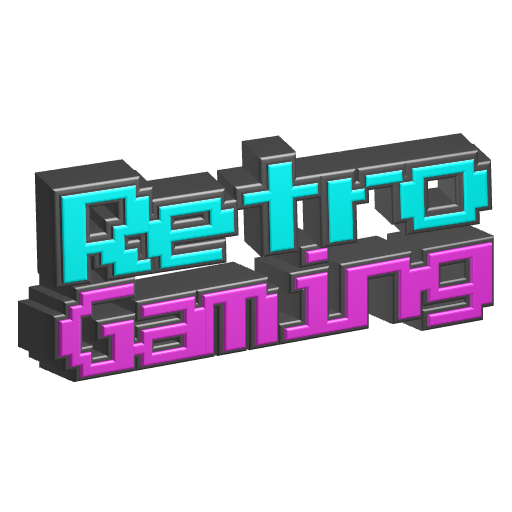

What a fucking whiny loser. Gets caught cheating and starts crying about how curling is based on trust probably because he exploited that trust to get to the olympics in the first place.
Send him home. Even if it costs the team any medals they have a chance at, better to shut that shit down hard than stand by it to get medals that will be tainted by the whole thing anyways.
Glad I already dgaf about curling or the olympics, otherwise I’d be concerned that remarks like that might make people think that curling should just be a casual backyard sport that doesn’t belong in the Olympics if “trusting your opponents” is more important than “following the rules”.
What a dumb fucker. Hope he doesn’t have a lot of other trash like him to rally around his worthless take.





I like cooking competitions, more so the high end ones than the average cooks ones because I aspire to cook dishes that are amazing. Still working my way up there, but shows like Culinary Class Wars have been great for inspiration.
Also helps that I’m in a financial position where I can afford to grab new kitchen toys, whether it’s wider bowls, nice knives, or gadgets to accomplish specific tasks.
I suggest reading up about specific techniques, because a lot of it has nuance that isn’t obvious. Like for example, for a long time I thought I was frying things when I was actually steaming them because just hearing a sizzle doesn’t mean you’re frying (and I still haven’t fried anything but I do sautee things now).
Other then that, think of something you want to make, then look up a recipe for it and try to make it. Cooking allows for a ton of variation. Hell, even baking allows for it, though the differences you try out can have a larger than expected effect on the final result. But seriously, experiment and be creative, your failures will help as much as your successes. Other than fires, allergies, and freak accidents, the worst result you’ll generally see is needing to throw out some food. But even that is rare from my experience. Most often I either pivot into something else or say “this would have turned out better if X” as I serve it anyways.
Learn how to balance flavours and while it won’t make everything you make amazing, it will bring up your baseline to “not bad”. Also there is a very fine line between “tastes absolutely amazing” and “tastes boring/gross” and knowing how to balance flavours will help you get to that “amazing” state consistently when your food has the potential to be there.
Also knife safety is important. It won’t make you an amazing cook (though knife skills can really help), but following knife safety could have a huge impact on your life, especially if you get some good knives. They say sharp knives are safer than dull knives, but I’d add a caveat: as long as you are using them safely in the first place. A dull knife can make you use enough force that it ends up going through your finger when it gets free from whatever it was stuck on, but a sharp knife will go right through your finger without any force if you’re cutting in a way that aims it at your finger. And as an added bonus, the technique that I use also makes my cutting better because my finger deliberately acts as a guide, which helps with consistency.
Other than that, play around and have fun! And take notes, it sucks so much to make something that is amazing but then realize you don’t remember how you did it the next time. Something as small as forgetting a teaspoon of mustard can have a huge impact on the final result.